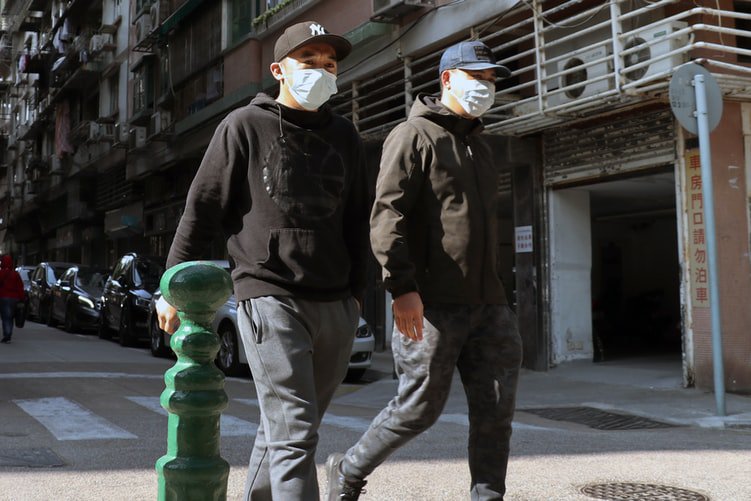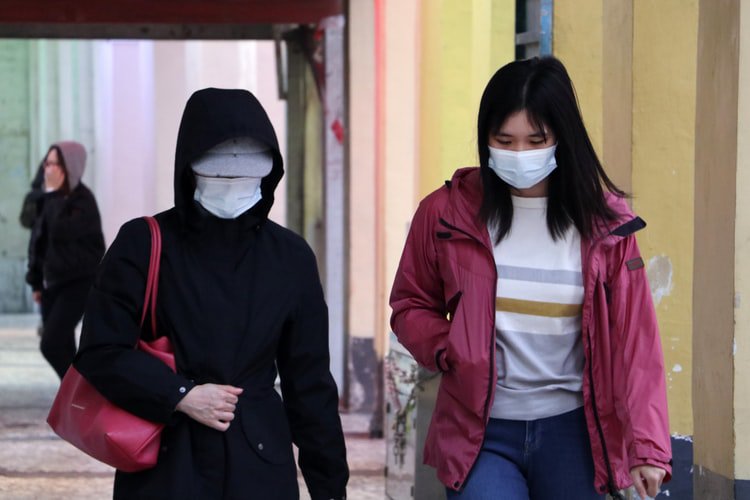Since its onset in India, there are speculations that Covid transmission might increase during the winters. While there’s still no confirmation on the same, many experts believe it to be true.

The novel coronavirus that has traversed winter, spring, summer, monsoon and now creating havoc in autumn has proven to be an all-season virus which is currently spreading rapidly in India. While it is believed that the virus has crossed its peak, the per day increase of Covid positive people is still quite high.

She added saying, low humidity promotes evaporation of viral particles and aerosol formations, which can increase the airborne spread of disease. Lack of sunshine in winters also depletes Vitamin D levels, thereby decreasing immunity, making us more susceptible to infections, including COVID-19.
He also cited the examples of the European countries, especially the United Kingdom, where the number of infections has gone up with the onset of winter.

According to modelling done by the Academy of Medical Sciences, UK, the winter may be extremely challenging. It has predicted a peak in hospital admissions and deaths in January/February 2021. The National Centre for Disease Control (NCDC) has recently warned Delhi is likely to report around 15,000 Covid-19 cases daily in winter.

















